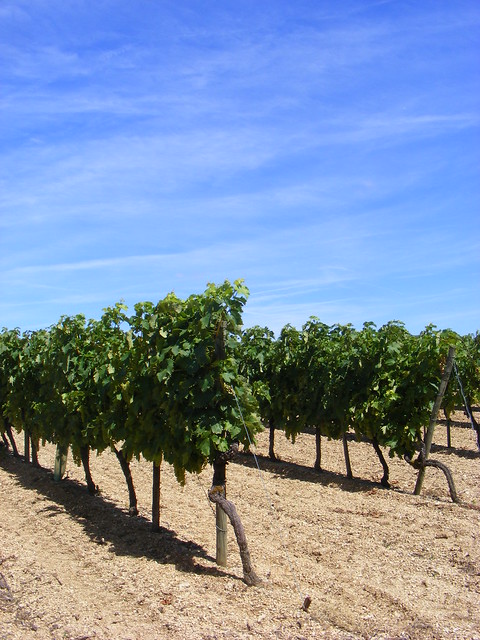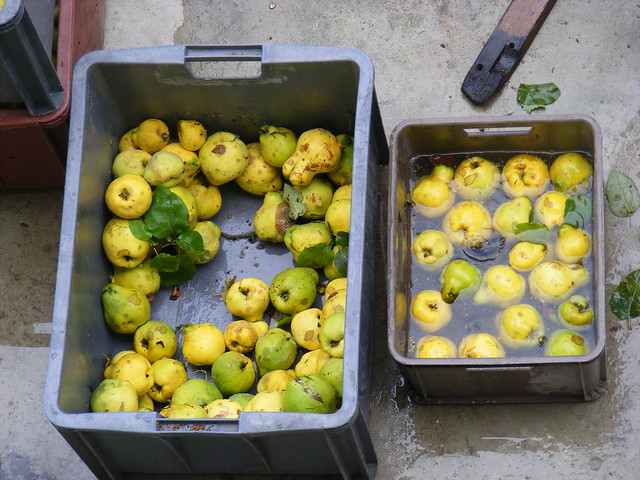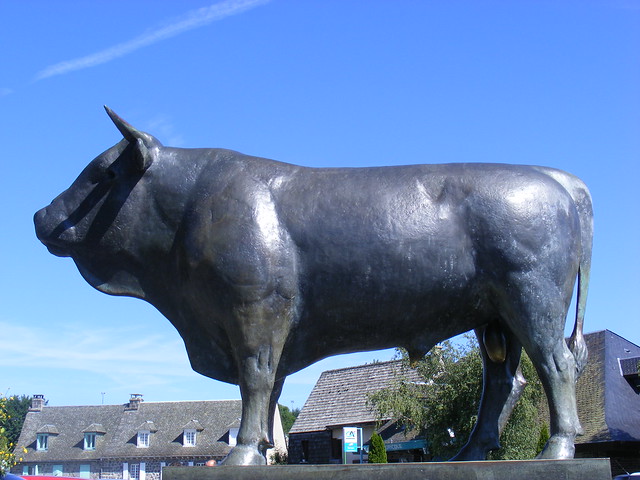Last Orders
Normandy has calvados. In Champagne, apart from the obvious, it is ratafia. Venture down to Cognac and you’ll find, appropriately enough, cognac. In Savoie there is génépi and in Brittany, chouchen. In the green of Perigord, one can find vin noir; in the sunshine of Marseille, one finds pastis. All are examples of the alcoholic specialities peculiar to no more than just a few regions. If you were to think that France is all about the wine, and perhaps to a lesser extent, the cider, you would be wrong. For what is the use of alcoholic beverages throughout a meal when the digestive system is not given rather more, ahem, holistic attention… in the guise of the aperitif and the digestif?
France has a rich history in the production of alcohol. There are those which are famed on the world stage – principally wine and cider – and those that remain some of their region’s best kept secrets. All have one thing in common – their official production and trade, and the existence of their unofficial production and trade. Official and unofficial? Yes. In France, like many other countries, the production and trade of alcoholic beverages is regulated in order to, amongst other things, ensure that appropriate taxes are paid at the point of purchase.
Despite this, many French people have persisted, over the years, in producing their own alcohol, utilising the fruits, nuts and products of their region, mixing them with medicinal-grade alcohol or simply allowing them to ferment naturally. Head out of the cities, into the fresh air and fragrance of the country, and you will find something which is as intrinsic to French regional cultures as crêpes are to Brittany or as cows are to Cantal: the unofficial production of local alcoholic specialities.
And so it is with sadness that I learn (anecdotally) that this unofficial production of local alcoholic specialties is on the decline. The government’s legislation is doing its bit and the Douane does the rest in enforcing these laws that make small-scale (for personal use only) production of these speciality beverages unfeasible. Once upon a time, a pharmacist could sell (if not altogether legally) one litre or so of medicinal-grade alcohol at a time, with no registration of buyers; nowadays, the sale of alcohol in pharmacies is so tightly controlled that it is on par with the sale of prescription-only narcotics, such as opiates. The sale of medicinal-grade alcohol not only requires a prescription but also the registration of buyers, in the same way that some countries require registration for the sale of pseudoephedrine, in an attempt to curb the production of methamphetamine.
On one hand, the concept of taxes owed actually being paid does have merit – particularly in these tough economic times. When the state ultimately pays for the cost of treating lifestyle diseases, many of which count excessive alcohol consumption as a factor, it makes sense that this should be partially funded on a user-pays system, in the same way that cigarettes are subject to tax and, perhaps one day, fast food will be.
On the other hand, there are many French people from the countryside regions who have been making bottles for personal consumption (and perhaps to offer as gifts to friends) since they were in their teens. This is, in a sense, bucking the modern trend toward mass production of goods – retaining the knowledge of these culturally important goods in the hands of the common (wo)man rather than big business, and protecting, rather than commoditising, this part of the culture. It is done out of a respect for the local culture rather than for financial gain. It is about the preservation of these variations and contrasts in culture that exist; differences that mean you can travel across one or two départements and find yourself indulging in a different cuisine, different music and, yes, different alcohol.
To drink a proffered glass of home-made calvados or ratafia is to drink something that is made with love. It doesn’t always taste as refined or elegant as a bottle you can find at the supermarket, but it always tastes better nonetheless: one can drink these home-made beverages secure in the knowledge that the ‘food miles’ are negligible, the base products have probably come from a garden only metres away, and, most importantly, that the drink is brimming with the soul that comes from a recipe passed down the generations.
Image credits: All images by Shannon Guy, except 3. telegraph.co.uk










My grandpa makes home-made wine and it’s fabulous. And like you said yourself- it’s made with love- it may not be as complex as typical wines, but his dandelion wine is to die for ! I hope he shares his secrets with me sometime soon…
Hi Bethany
In Australia my partner made ratafia out of passionfuit as we always ended up with far too many on our vines. It tastes amazing and it is really interesting to see him adapting an old recipe which uses grapes, to use something local.
You should definitely grab your grandfather’s recipe – dandelion wine sounds very interesting!